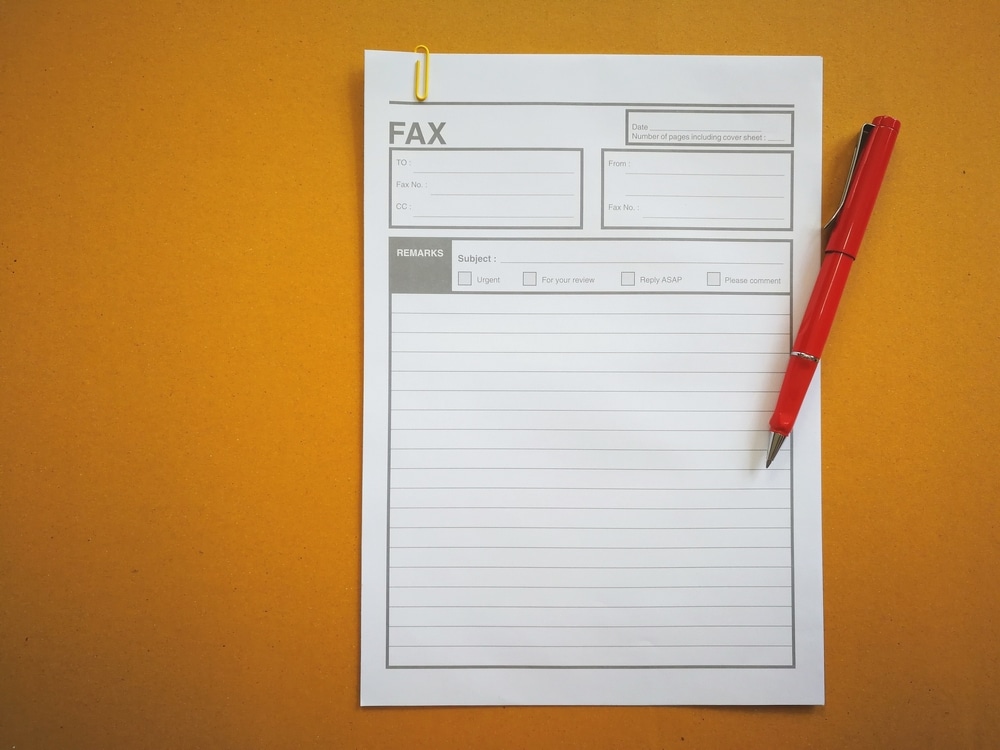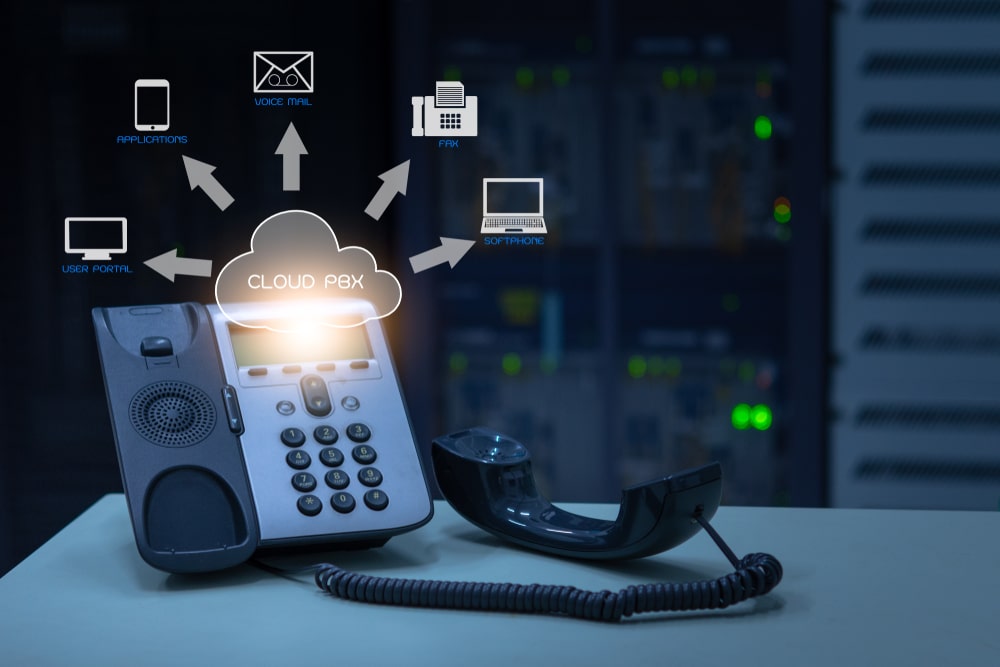Customers & Business
The Ultimate Guide to Paperless Faxing – Paperless Fax Solution

We’ve all been there: The clock is ticking and you need to get an important document to a client or business associate. As usual, there is a line in front of the fax machine and it’s jammed with paper because someone failed to properly load the fax paper tray. In times like these, you may want to consider ditching the traditional fax machine altogether in favor of secure online faxing.
With an online cloud fax account, you can be on your way to having a paperless office. If you haven’t heard of cloud computing, it’s pretty straightforward technology, and many small business owners and entrepreneurs are using it to expand their businesses.
Using advanced data and storage encryption technology, users can send and receive faxes over the internet, as well as store and manage their sensitive data online via their secure, password-protected cloud fax account. There’s no hardware to buy or software to download. Users simply use their cell phone as a quasi-mobile or paperless office.
What is Online Faxing?
Online fax services act much like traditional fax machines. You can send and receive documents as well as print out verification reports that confirm that the transmission process was successful. The difference with online faxing is you spend less money and enjoy more ways to send and receive faxes, including using Android and iOS mobile apps.
Just as utilities are billed on a monthly basis and calculated based on how much you use, online fax services are available based on need—with unlimited scalability on demand.
Say your company sends 100 faxed invoices to clients and businesses a month—and rarely exceeds this amount. It wouldn’t make good business sense to pay unlimited fax costs when your fax activity is stable for the most part.
With an online faxing service like eFax, you can pre-pay for the pages you’ll need each month. You’re able to fax as normal—when and where you usually would—but without the expense of paper, ink and maintenance. Plus, if certain times of the year drive an uptick in faxing—whether coming or going—then you can quickly and easily scale your plan to match.
Online fax services reduce costs for your business by charging you only for what you use—nothing else!
More Secure than Email
First things first: cloud faxing is not email. In fact, it’s far safer than email. Regular email was not designed with security and privacy in mind. It was designed for convenience. Cloud faxing, on the other hand, was designed specifically to help businesses safely and securely send and receive sensitive data over the internet using a web-enabled device or computer.
With paperless faxing, all your documents are protected while in transit and at rest. That way, your private files stay private. So you can send contracts, invoices and tax returns over the internet without worrying about losing your data to a thief.
For example, eFax offers advanced data and storage encryption for all your data transfer needs. It is compliant with regulations such as the Sarbanes-Oxley Act (SOX) and Gramm-Leach-Bliley Act (GLBA), and is simple to use.
Save Paper and Cut Costs
Forget buying reams of printer paper for your business’ fax machine or multi-function device. By faxing from a printer, you’ll need to print out every page. With paperless faxing, you can view all your faxes right on your cell phone, and print only the documents that require a hard copy. Unlike your archaic fax machine, online fax services like eFax don’t compel you to waste paper by printing every single fax that you receive.
In fact, you can electronically send received faxes to other colleagues over the web, without ever printing or scanning a single page. If you do need to print a received document, eFax lets you select your desired page range. Or, you can print your entire document and retain it for your records.
Old fax machines, unfortunately, do not offer an eco-friendly alternative to printing. You must print out every single document that transmits across your machine, whether it’s 10 pages or 100 pages. When you consider that businesses typically spend $20-$40 per 1,000 inbound fax pages, it’s no wonder fax production typically costs hundreds of dollars—or more—a year.

How Easy is it to Fax Online?
Sending and receiving faxes via email is simple:
- Check that your file is saved in one of 178 different file formats that eFax allows
- Open your email account using your preferred web-enabled device
- Address the email to the recipient’s fax number
- Attach your documents
- Press “Send”
Also read: How to send a fax from Gmail?
How Long Does a Fax Take?
Data can’t travel faster than the speed of light (yet), but it’s certainly accelerating. In the business world, you might wonder how long does it take to fax something or how long does it take to receive a fax when you’re using an internet fax service like eFax. The short answer is that it should take only a few minutes, but that time may be lengthened if the receiver’s fax machine is busy or the document is graphically heavy. However, internet faxing avoids transmission problems common with conventional faxing, such as bad phone connections and slow fax machines.
Why Going Paperless Matters
In today’s fast-paced world, responding to clients and customers in a speedy manner is often seen as a sign of professionalism and global competitiveness. Companies that lack responsiveness run the risk of being left behind. It is this pressure to respond more quickly and securely that makes going paperless more important now than ever before.
With paperless faxing, you can respond to clients and customers more quickly, using only your web-enabled device. You can also cut costs and reduce waste by only using resources that you need—and nothing else. Going paperless isn’t just about convenience—although it certainly is important. It’s also about being responsive to clients in the moment and reigning in excess spending so your business thrives at every level.
eFax Provides Full-Service Online Faxing
eFax is a full-featured online fax service provider that makes faxing from your preferred web-enabled device simple, secure, and speedy.
All plans come with award-winning features, including automatic resend, delivery confirmation, and customer support. You can also fax from up to five different email addresses using a unified local or toll-free number that you’ve chosen for yourself.
Plus, the transmission process takes place entirely over the internet, which means there is no need for a fax machine and no software to download.
Paperless faxing offers a simple, affordable and speedy way to take your business to the next level. You won’t need to install new equipment or make a software investment that could set you back hundreds or thousands of dollars. All you need is access to the internet. The rest is as simple as sending an email—but without the security and privacy threats.
Sign up for eFax, and start paperless faxing today!





